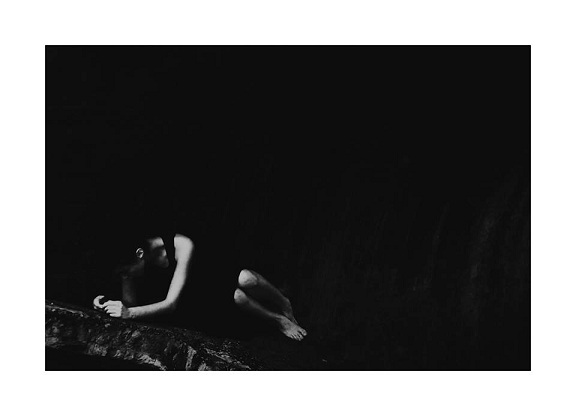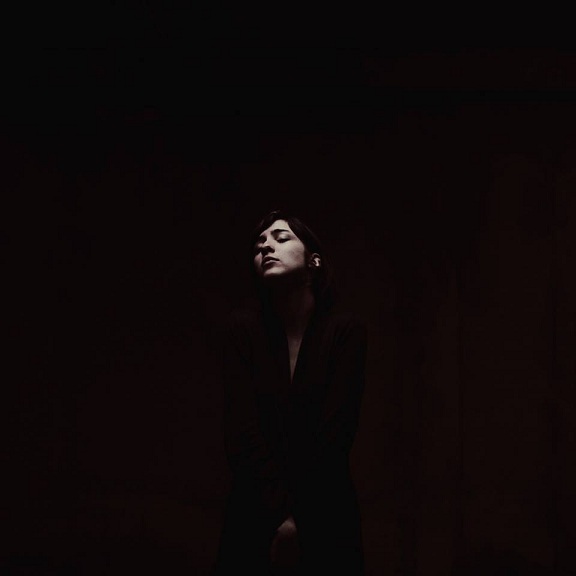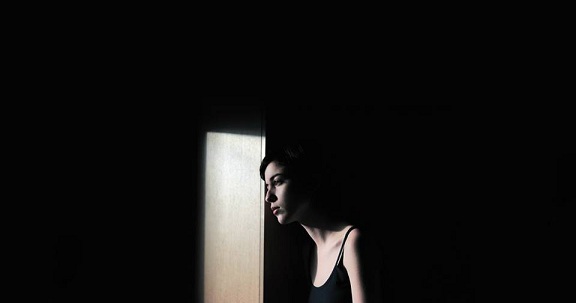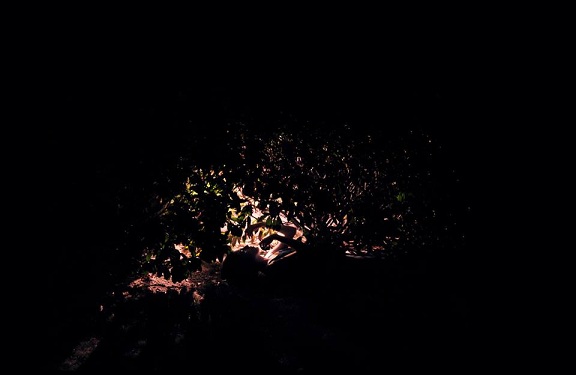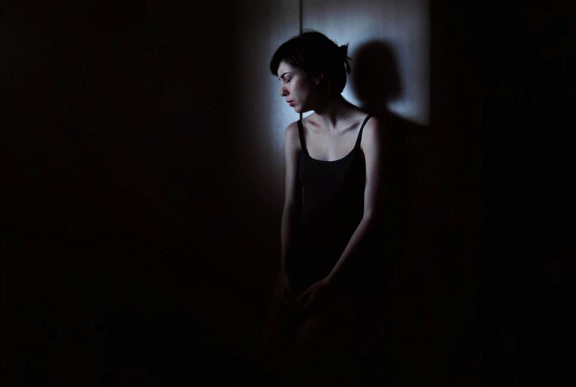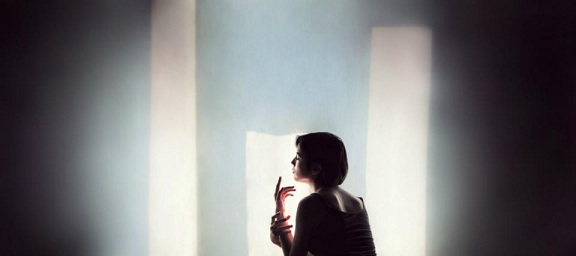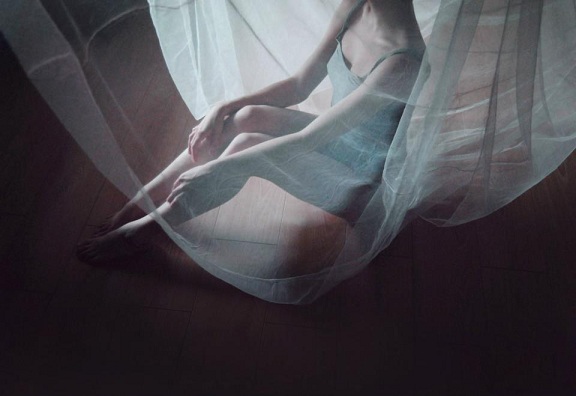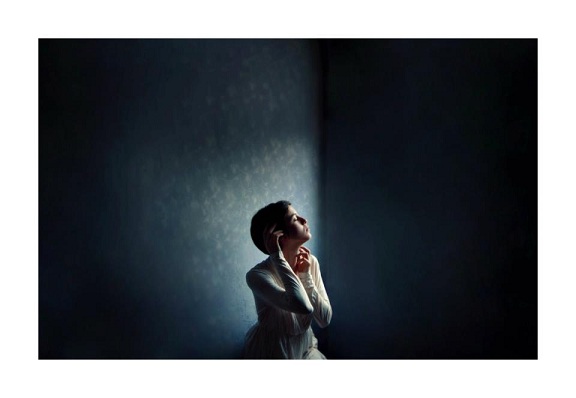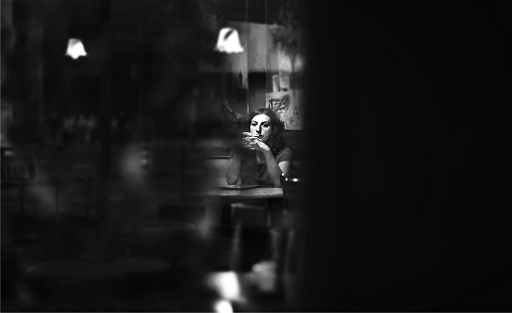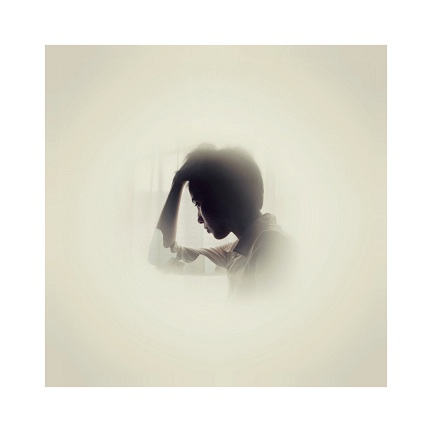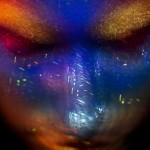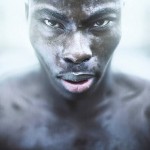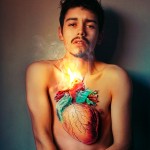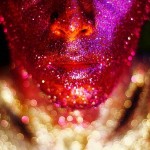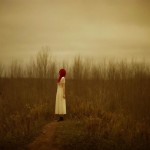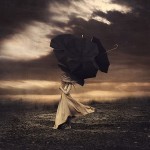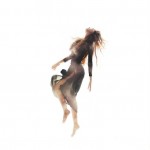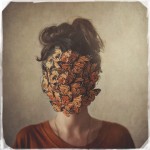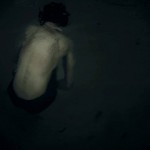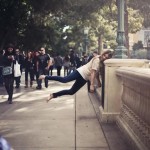23
2013Pia Prezelj Photography
Pia Prezelj Photography
https://www.facebook.com/pages/Pia-Prezelj-Photography/179973735425353
What kind of equipment (camera body, lens, filters, flash, tripod, cleaning equipment other) do you use?
My old camera has sadly been dead for months now and I’m saving up for a new full-frame one. So lately I’ve been using a number of different cameras and lenses (well, borrowing it from my wonderful fellow photographers), all the way from Nikon D800 to Canon 6D with a wide range of lenses (17-200mm, 35mm, 50mm 1.4,…). As far as flashes and filters go regarding my personal work, I prefer to stay as far as possible – a tripod and a remote control trigger, however, are two things essential to my photographic survival.
What do you like and dislike about your equipment, specially your camera, and how would you improve it?
Well right now the biggest problem is my camera being dead, so I’m guessing that’s one thing to dislike. But on a serious note, I don’t put much emphasis on the equipment itself – it can be wonderful but it’s useless if you don’t know how to use it properly, if you don’t possess the talent to master it. Imagine giving a camera to Rothko – I’m almost certain he wouldn’t be able to do what he achieved as a painter.
What is your favorite lens, and why?
I don’t really have a favorite lens; they are all tools, each of them wonderful in its own way. There is an immense difference between the lenses I use for commercial work and the ones I use during creating my personal work and comparing the two would be silly since their purpose is completely different.
When you travel, what is in your essential photographic kit bag?
A film camera and countless rolls of color film. I strongly believe that travelling should be about capturing memories with your mind and not through a cage of glass and mirrors and film cameras are (in my opinion) a way to avoid this at least a tiny bit. There is a great essay on this issue written by Susan Sontag in her book On Photography – a book that every photographer should read.
What kind of software/tools do you use for post-processing, if any?
Photoshop CS6 with Lightroom plug-ins.
How long have you been taking photographs? How do you find inspiration? How do you take your pictures?
I’ve been photographing for about 5 years now, although I did have some I-have-no-idea-what-I’m-doing months in between. My inspiration often comes from intense emotions felt throughout my lifespan, from observing human relationships and being a part of some strange forms of those relationships, from the depths of human mind and the pits of human soul. The workflow of photographing depends on the series I’m creating. Limbo, for example, is a series creates with a specific process of photographing while Delirium is a series of self portraits and is thus created like every other such series – with a remote control trigger. Oblivion, the upcoming series, is a huge staged mise-en-scene one and will thus require weeks of preparation and a team of lovely people all prepared to help in the process.
Which style of photography do you like the most, and why?
I would go for fine art/conceptual photography although abstract photography and surrealism sometimes strikes pretty close to home as well. However, I can’t quite connect with landscape/portrait/…photography, mostly because often these are just clear representations of the world around us. And even though I do appreciate realists (such as Chuck Close) I still feel like photography can and should reach beyond the realm of reality.
What goal are you working towards within your photography and when will you know you have reached it?
There is a difference between the goals I have for my photography and between what people take out of it. And even though these are sometimes two completely different things, I think that’s alright. People should find their own meaning in my work and if those meanings differ, so be it. My goal, however, is to show people how art is something that can unravel the unimaginable – regarding the human soul, mind and human relationships.
Looking at your own work, which piece is your favorite? Why? Please provide a link to the picture.
It would probably have to be Delirium II. (http://piaprezelj.com/wp-content/uploads/2013/11/2.jpg) since it conveys the essence of the whole series very well.
Does your work fit into any one or more distinct genres (nature, landscape, long-exposure, black-and-white, infra-red, urban, artistic, macro, vintage, vernacular, social, street)? If other, please specify.
I’m guessing people would categorize it under fine art / conceptual photography; I, on the other hand, never bother with labeling it. If a photograph successfully conveys a certain idea or emotion, then it doesn’t really matter whether it is documentary, abstract, landscape or conceptual.
Are there any photography websites that you visit regularly?
There are quite a couple of “art” blogs that are on my list of daily musts, whereas for photography I adore 500 photographers, a website which works as a database for 500 contemporary photographers of all areas and genres (http://500photographers.blogspot.com/p/photographers-by-alphabet.html).
What is the one most important lesson that you have learned since you started taking photographs?
I can’t really point out one single thing solely because there are a lot of realizations that can be applied to many areas of living. I found out that people still believe in art and that a lot of individuals will help you as long as they can feel what you feel, see what you see – as long as they are touched and intrigued by your work. I realized how powerful art really is and how you should never give up just because things get hard – it’s not easy to be a photographer but it’s surely worth it. Finally, I realized that pain and suffering can be transformed into beauty and grace – it’s hard to get there but once you do, it’s more than one could ever wish for.
And finally, what other interesting photographers would you like to see in this blog?
It would be lovely to see some photographers who don’t follow the usual trends – who stand out, not only through their work but also in their way of thinking.
